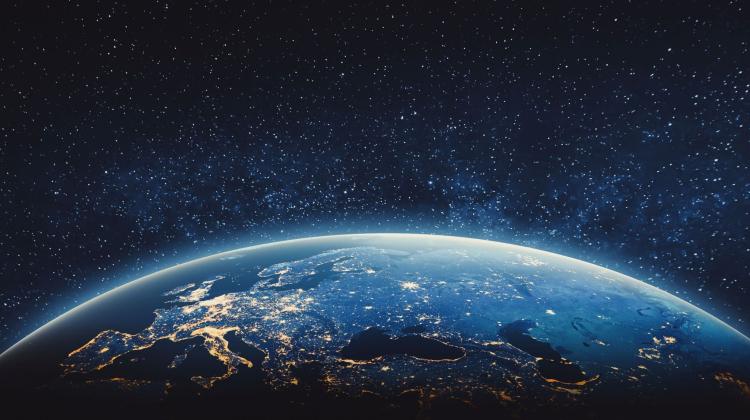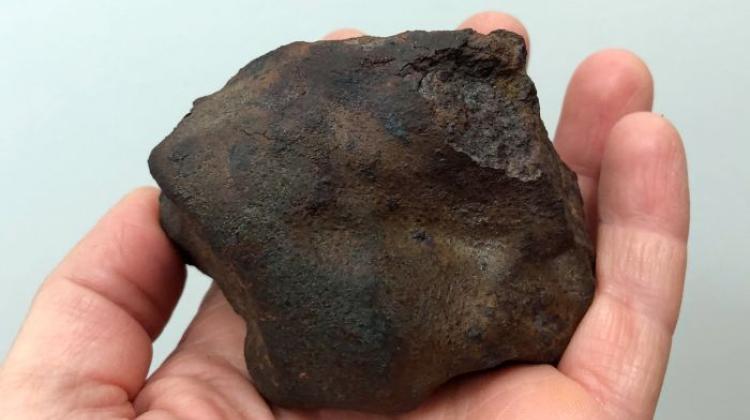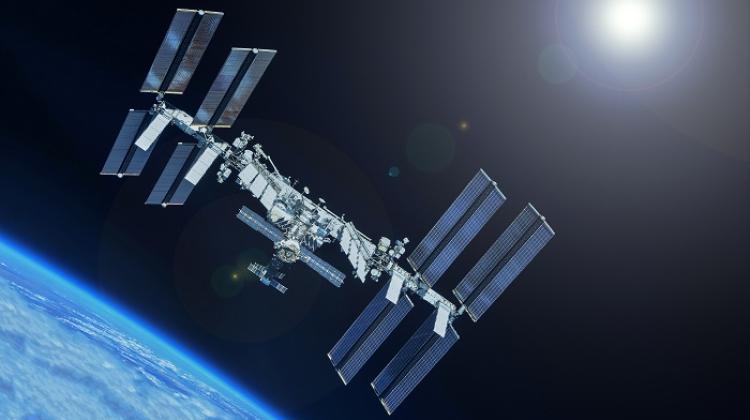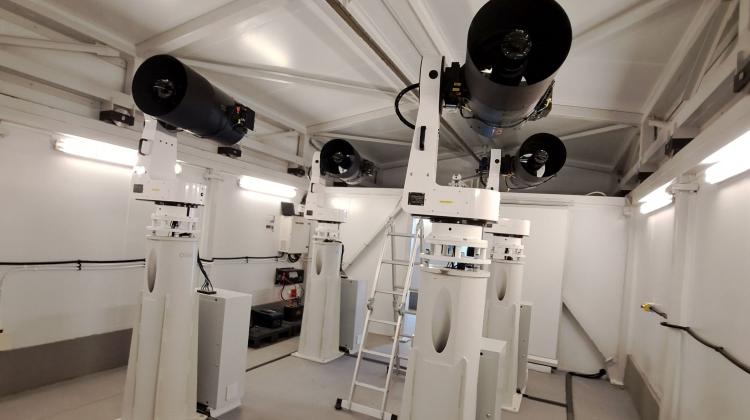In 2023 we witnessed ‘truly Copernican revolution for space technologies in Poland’ says POLSA boss
 Credit: Adobe Stock
Credit: Adobe Stock
The year 2023 ‘not only made the dreams of Polish space come true, it significantly exceeded them,’ says president of the Polish Space Agency Professor Grzegorz Wrochna.
In a press release, the agency (POLSA) says: ‘The year in which we celebrated the 550th anniversary of the birth of Nicolaus Copernicus, brought a truly Copernican revolution for space technologies in Poland,’ says the Polish space Agency (POLSA). ‘A several-fold increase in the budget allocated to the European Space Agency projects moved Poland to the group of countries investing the most in these technologies, and in future - the group who will make the most use of them.’
Last year the agency was responsible, among other things, for: identifying priority directions of development, providing specifications for the construction of Polish satellites, active participation in the preparation of the Polish astronaut's flight and the experiments that he is to conduct in orbit.
'The Polish Space Agency actively worked in 2023 to bring Poland closer to space in the scientific, technological, commercial, industrial and utility dimensions, and thus contribute to the development of one of the world's most future-oriented economic sectors,’ says the agency’s press release.
Professor Wrochna adds: 'Thanks to a several-fold increase in the budget for the European Space Agency projects, Poland advanced to the +top 7+ member states. However, we do not see this contribution as an expense, but as an investment. In accordance with the principle of geographical division, almost all the money paid to ESA will come back to Poland in the form of agreements, orders and contracts with space sector entities.’
The POLSA president adds that this will be an impulse for even more dynamic development. He also mentions other benefits, such as: increasing the competences of the Polish space sector and its competitiveness, the ability to meet most of the country's demand for space technologies and good earnings on their export. 'It also opens up the possibility of significant Polish participation in key ESA missions and programs, including scientific and exploration ones,’ says Wrochna.
'The maturity of our market is also evidenced by the great interest in the competition for the implementation of experiments on the ISS. As many as 66 experimental concepts have been submitted, and yet this is a very young sector that began to take shape with Poland's accession to ESA, only 12 years ago. Add the fact that national experiments on the ISS will be performed by a Pole who will fly into space in just a dozen or so months, and I think we all have reasons to feel proud,’ Wrochna says.
On August 8, 2023, ESA announced that Sławosz Uznański had started training in preparation for participation in a space mission. Last November, he was selected as an ESA reserve astronaut after a recruitment process to which over 22,500 people volunteers from ESA member countries had applied.
On September 30, 2023, the then Minister of Development and Technology announced that 'in November, ESA will officially decide on the mission of the second Polish astronaut, Sławosz Uznański, who could fly into space as early as August 2024.’
Uznański has a doctorate in electronics and works at the European Organization for Nuclear Research (CERN). He was born 39 years ago in Łódź where he graduated from the Lodz University of Technology. (PAP)
PAP - Science in Poland, Adrian Kowarzyk
amk/ mhr/ kap/
tr. RL
Przed dodaniem komentarza prosimy o zapoznanie z Regulaminem forum serwisu Nauka w Polsce.

















